Suvitra 750mg Tablet contains Levetiracetam, an effective antiepileptic drug used to control various types of seizures. This medication helps prevent partial seizures, generalized tonic-clonic seizures, and myoclonic seizures in patients with epilepsy.
Uses
Suvitra Tablet is prescribed to treat epilepsy and control different seizure types. It’s used as monotherapy for newly diagnosed patients or as adjunctive therapy with other antiepileptic drugs. Suvitra is effective for partial-onset seizures, myoclonic seizures, and primary generalized tonic-clonic seizures in adults and children.
Benefits
- Effectively controls partial and generalized seizures
- Reduces frequency and severity of seizure episodes
- Can be used as monotherapy or combination treatment
- Has fewer drug interactions compared to other antiepileptics
- Suitable for both adults and pediatric patients
- Maintains cognitive function during treatment
- Rapid onset of anticonvulsant action
- Improves quality of life for epilepsy patients
- Well-tolerated with manageable side effect profile
How It Works
Levetiracetam works by binding to synaptic vesicle protein 2A (SV2A) in the brain, modulating neurotransmitter release. This action prevents excessive neuronal firing that causes seizures. Unlike other antiepileptics, Suvitra doesn’t affect standard voltage-gated ion channels, making it unique in its mechanism of action.
Dosage
| Patient Group | Initial Dosage | Maintenance Dosage |
|---|---|---|
| Adults | 500mg twice daily | 750mg-1500mg twice daily |
| Elderly | 250mg twice daily | 500mg-750mg twice daily |
Take Suvitra with water, with or without food. Dosage adjustments should be made gradually over 2-4 weeks under medical supervision.
Duration of Action
Suvitra 750mg begins working within hours of administration, reaching peak blood levels in 1-2 hours. The anticonvulsant effect is maintained for 12 hours per dose. Steady-state levels are achieved within 2 days of regular dosing, with optimal seizure control typically observed within 2-4 weeks.
Side Effects
Common side effects include drowsiness, dizziness, fatigue, and behavioral changes like irritability or aggression. Some patients experience coordination problems, headache, or loss of appetite. Most side effects are mild to moderate and often diminish with continued treatment or dosage adjustments.
Warning
Do not stop Suvitra suddenly as this may trigger seizures or status epilepticus. Gradual dose reduction is necessary when discontinuing. Monitor for mood changes, depression, or suicidal thoughts, especially during initial treatment. Suvitra may impair driving ability and operating machinery due to drowsiness and dizziness.
Pregnancy and Breastfeeding
Suvitra should be used during pregnancy only if seizure control benefits outweigh potential fetal risks. Women of childbearing age should discuss family planning with their doctor. Levetiracetam passes into breast milk, but breastfeeding may continue under medical supervision with careful infant monitoring.
Interaction
- May have additive sedative effects with alcohol and CNS depressants
- Generally fewer drug interactions than other antiepileptics
- No significant interactions with oral contraceptives
- May require dose adjustments when used with other seizure medications
- Probenecid may increase Levetiracetam blood levels
Precaution
Use with caution in patients with kidney impairment as dose reduction may be necessary. Monitor for behavioral and mood changes, particularly in children and adolescents. Elderly patients may be more sensitive to side effects. Regular blood tests may be required to monitor kidney function during long-term treatment.
Important Information
Suvitra 750mg is a prescription medication requiring regular medical monitoring. Always take as prescribed and don’t miss doses to maintain seizure control. Carry identification indicating epilepsy diagnosis and current medications. Store at room temperature away from moisture and heat. Inform all healthcare providers about Suvitra use before any medical procedures or new treatments.
Product Image Highlights
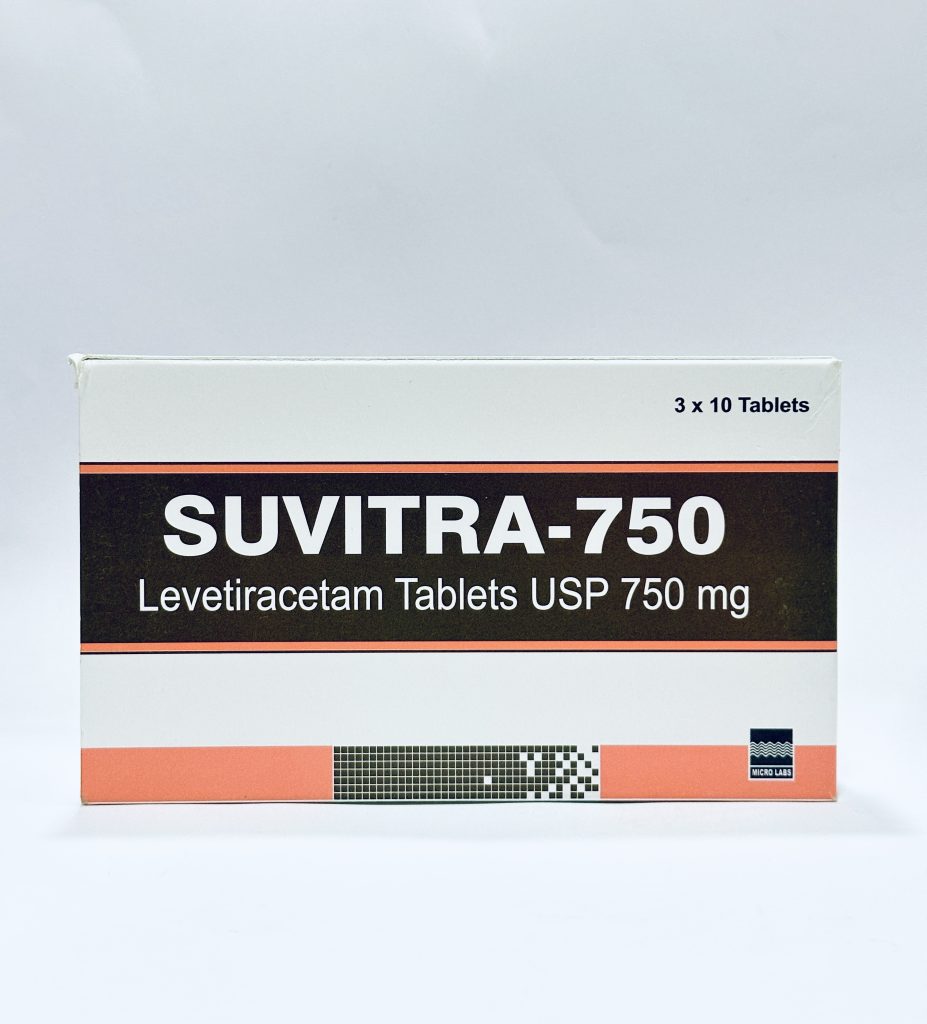
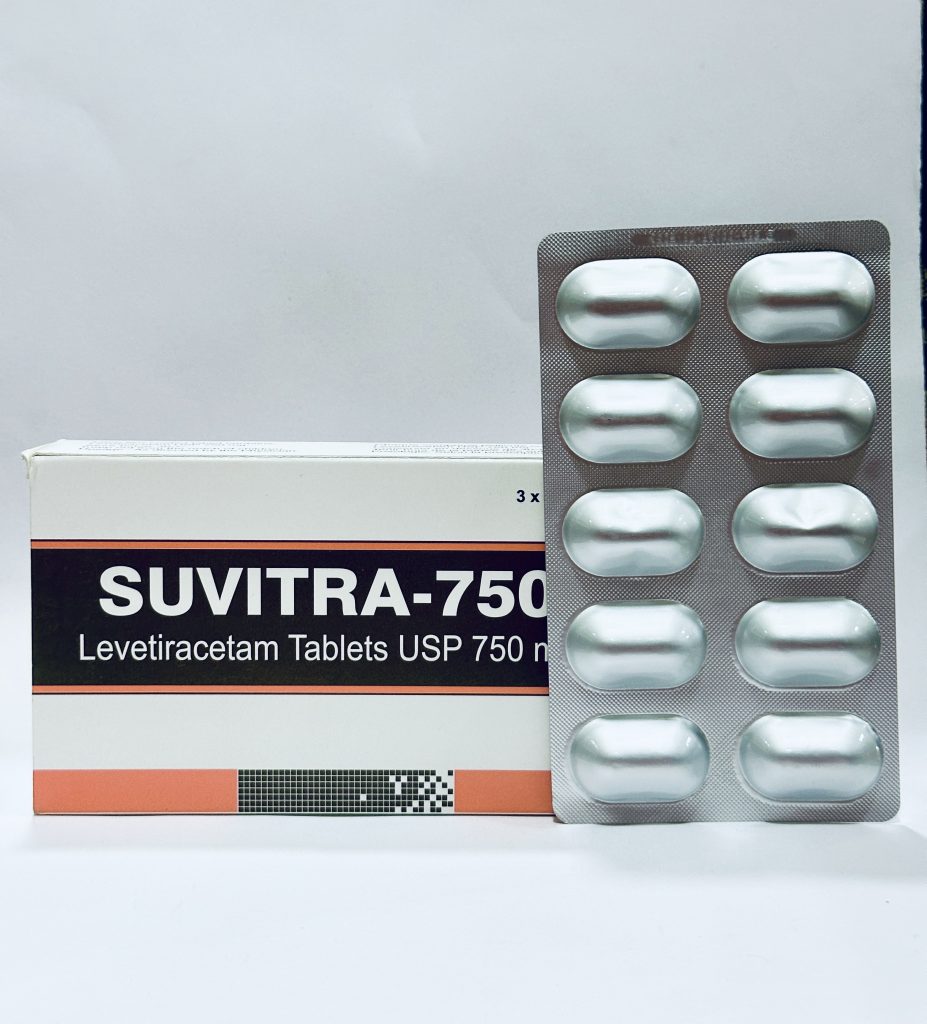
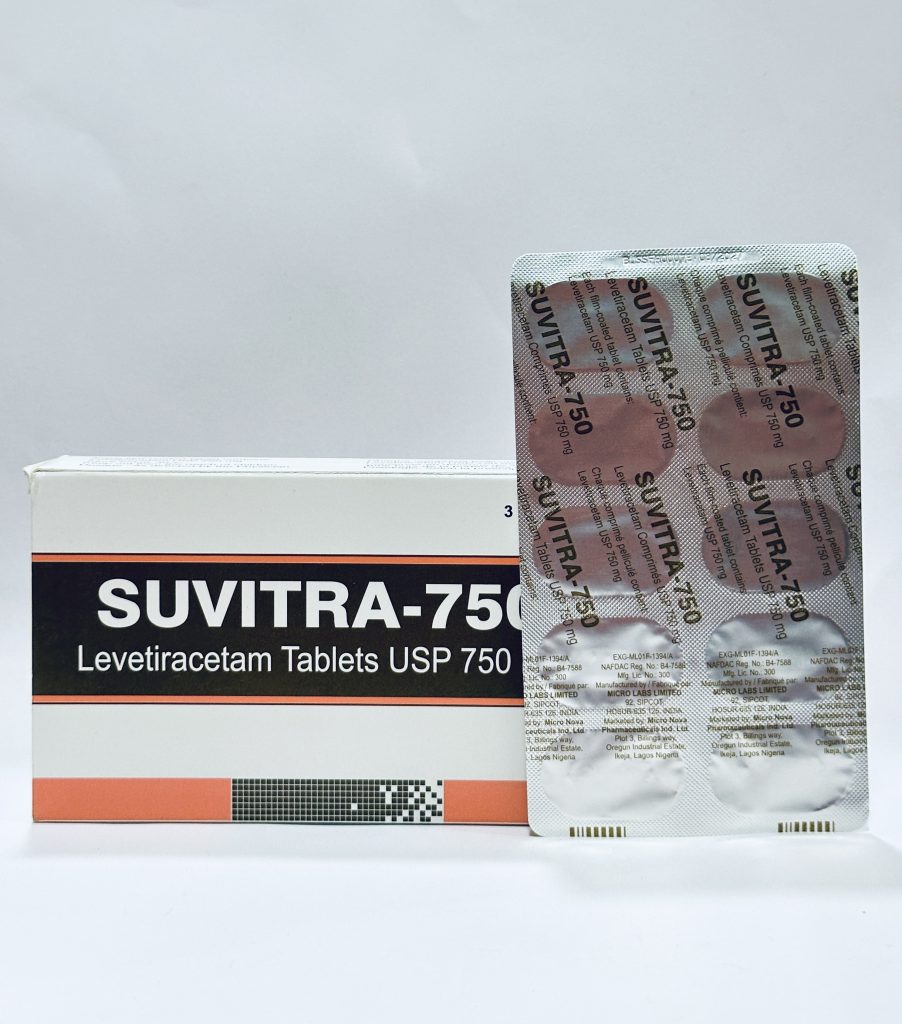
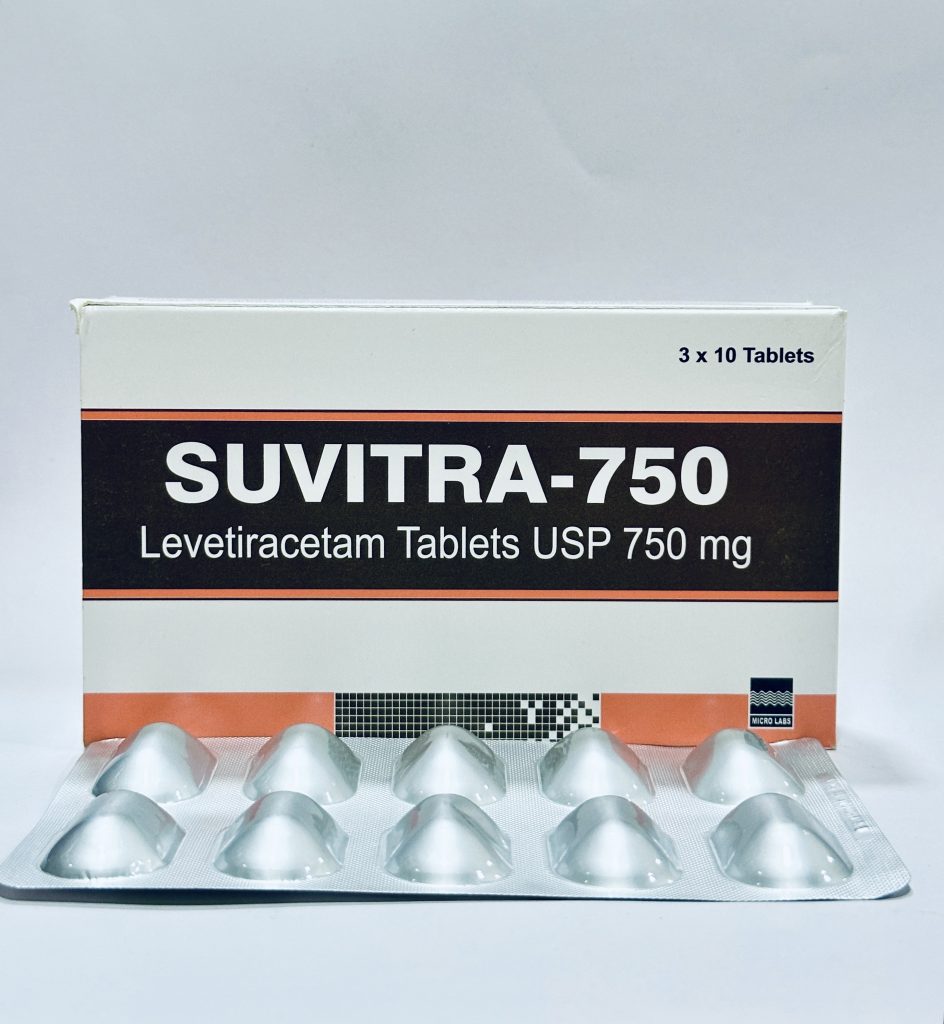
Customer questions & answers
-
Is there any other drug that can be replaced by levetiracetam
-
Q Is there any other drug that can be replaced by levetiracetam answer nowAsked by Ainembabazi Agnes on July 31, 2025 9:08 amA
Hello Ainembabzi,
Thanks for your question. Levetiracetam is an anticonvulsant used to manage seizures. There are other seizure medications that a doctor might consider as alternatives, such as:-
Carbamazepine
-
Valproic Acid
-
Lamotrigine
-
Phenytoin
However, any replacement should be done only by a doctor, as seizure medications vary in how they work and how they interact with your condition and other drugs.
Please consult your neurologist or healthcare provider before making any changes.
-
AI-Recommended Just for You
-
 ₦ 27,500.00Rated 0 out of 5
₦ 27,500.00Rated 0 out of 5Neuracalm 150mg Capsule is used to treat diabetic peripheral neuropathy,...
-
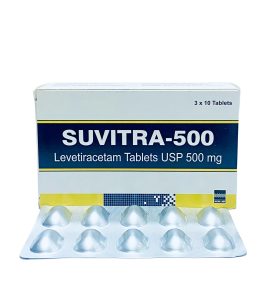 ₦ 17,500.00Rated 0 out of 5
₦ 17,500.00Rated 0 out of 5Suvitra Tablet is an anticonvulsant medication used to treat various...
-
 ₦ 15,000.00Rated 0 out of 5
₦ 15,000.00Rated 0 out of 5Tecral 200mg Tablet (Carbamazepine) is used to control seizures in epilepsy,...
-
 ₦ 20,000.00Rated 0 out of 5
₦ 20,000.00Rated 0 out of 5Keppra 250mg Tablets is a brand name for the anticonvulsant...

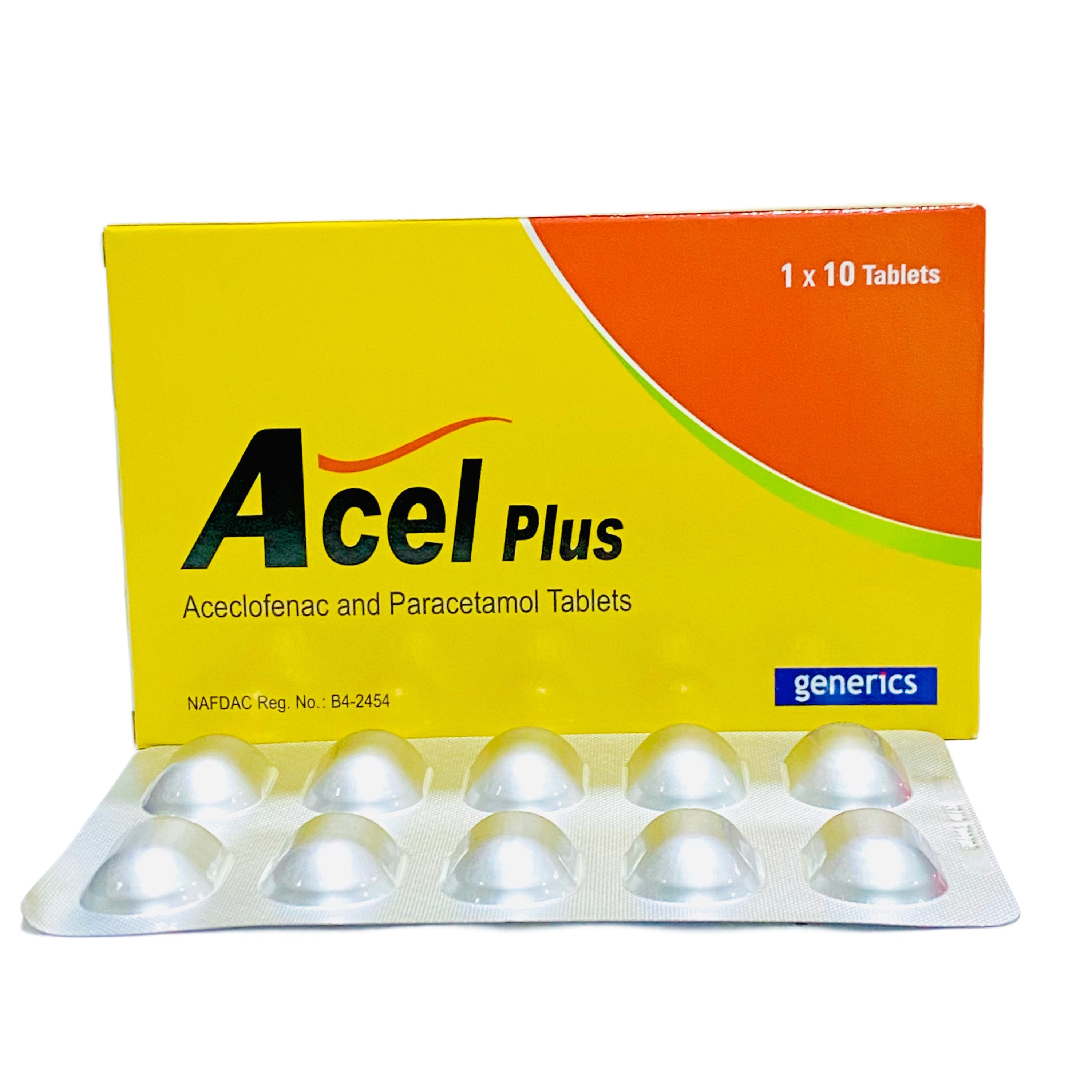


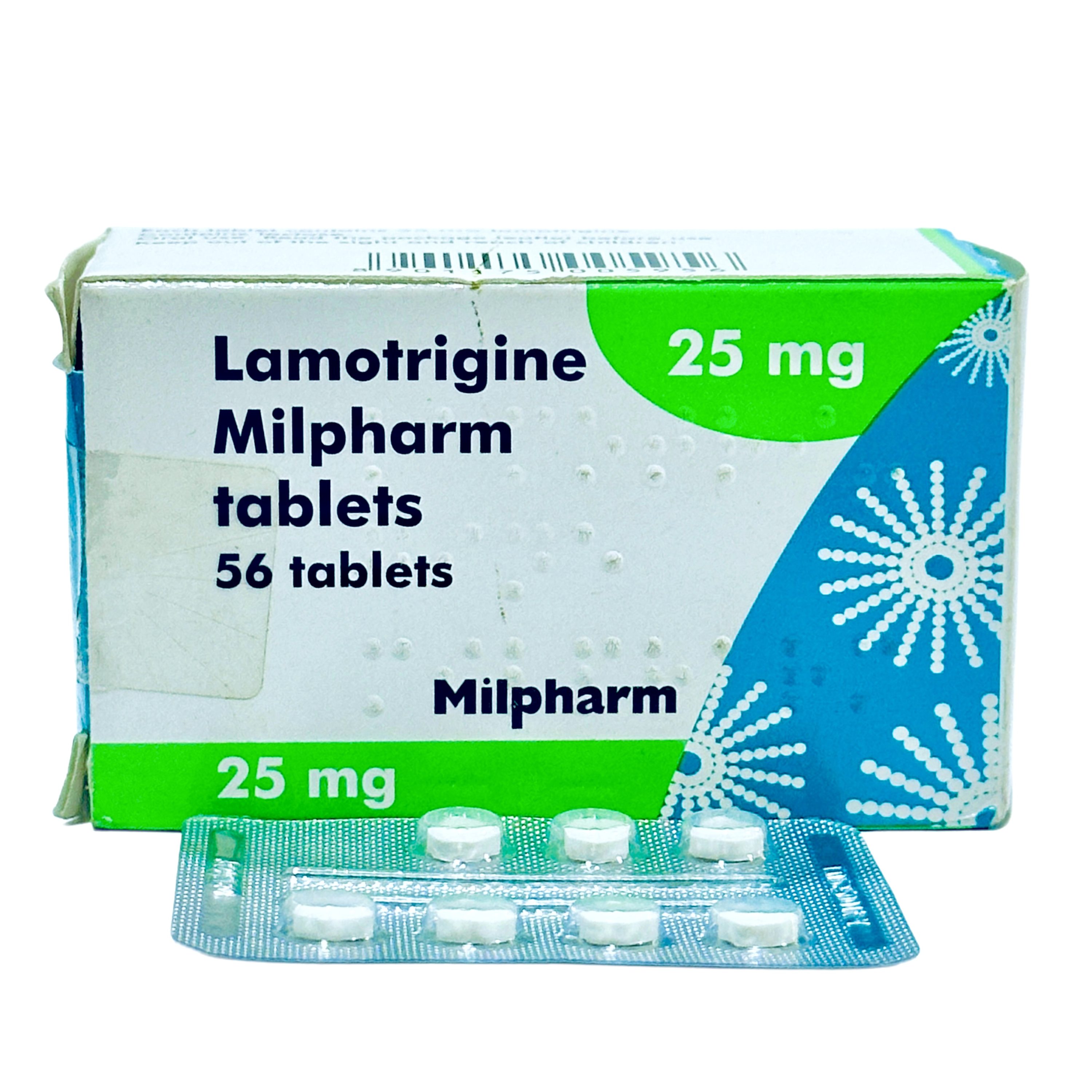
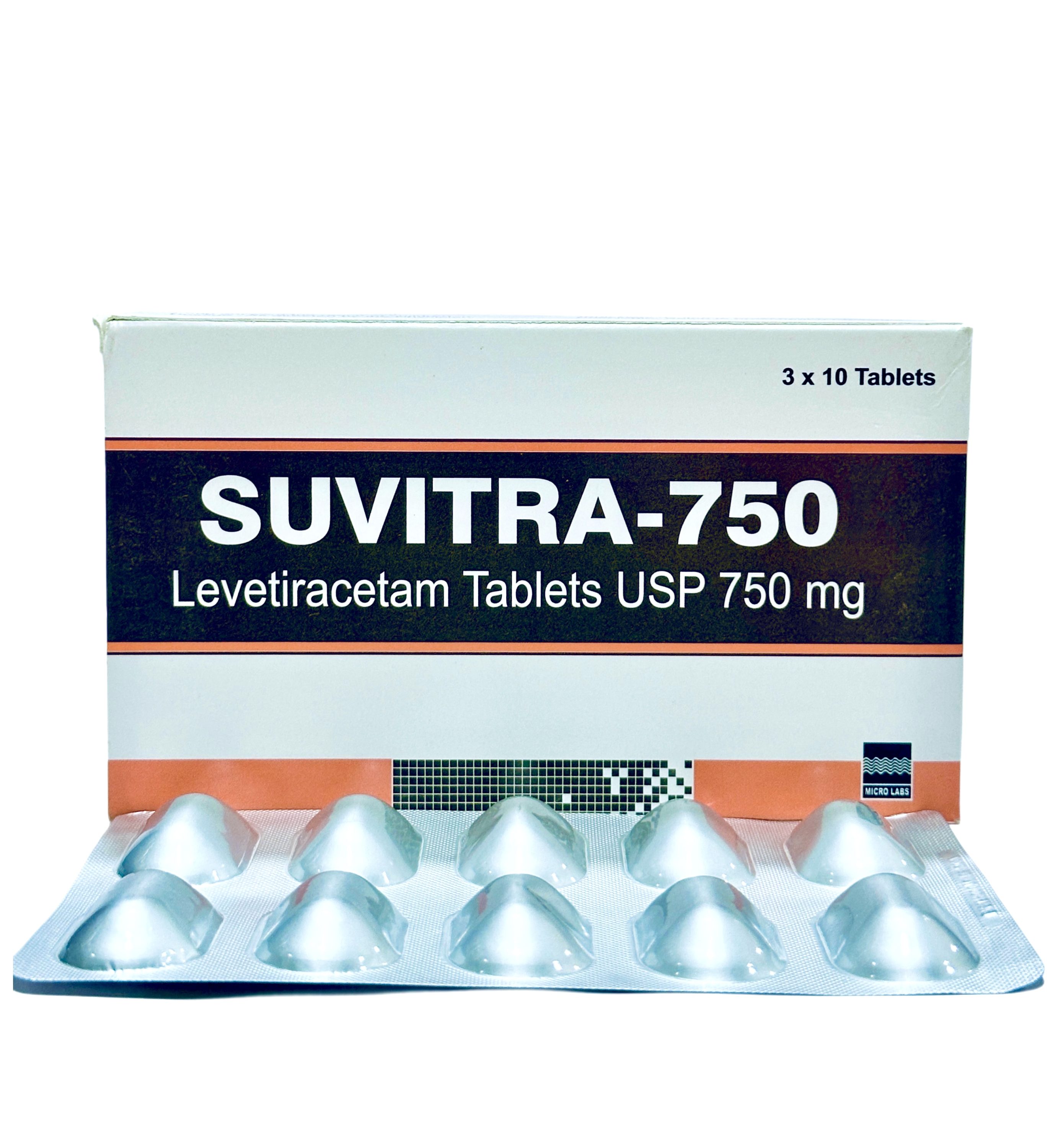
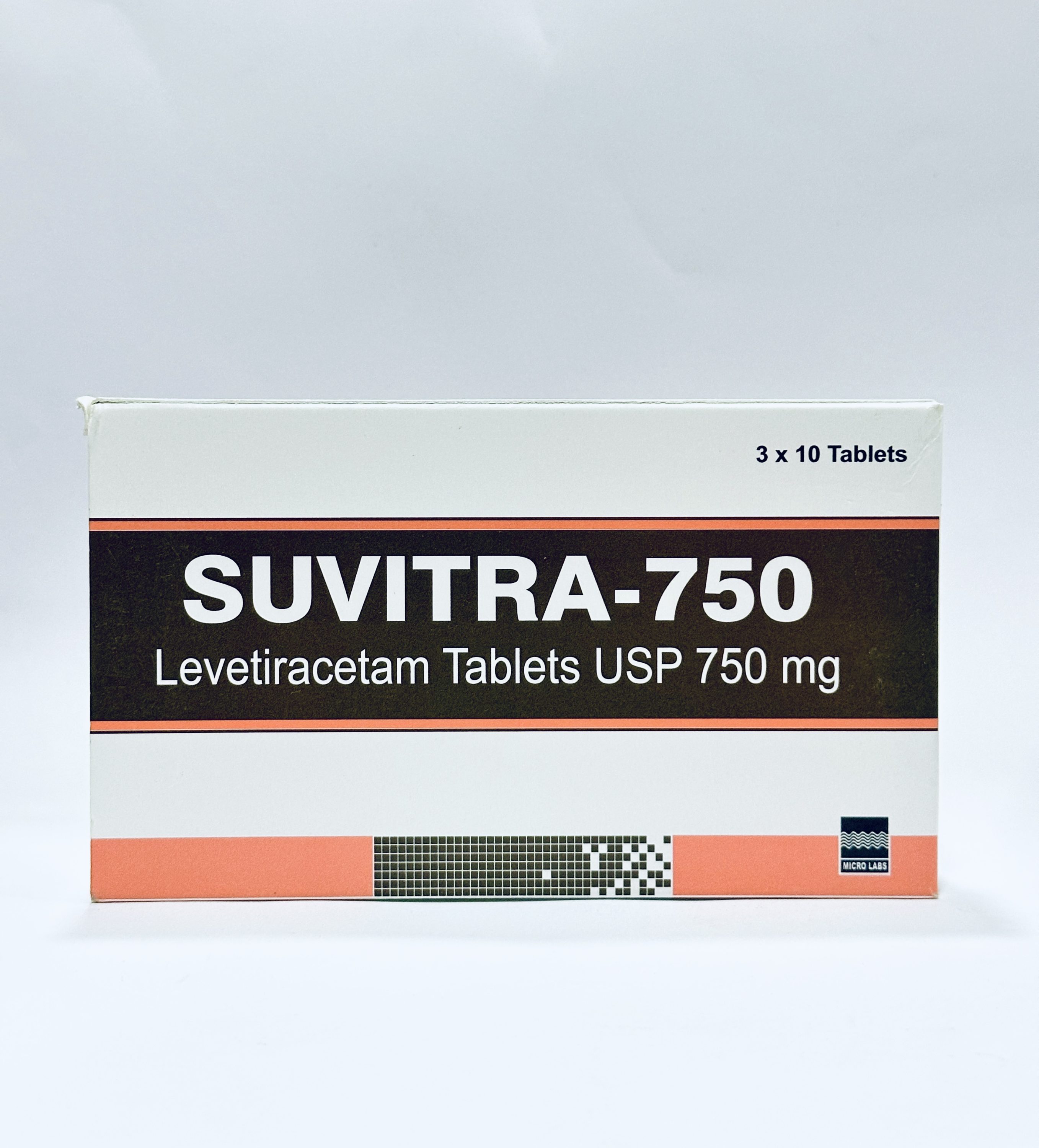
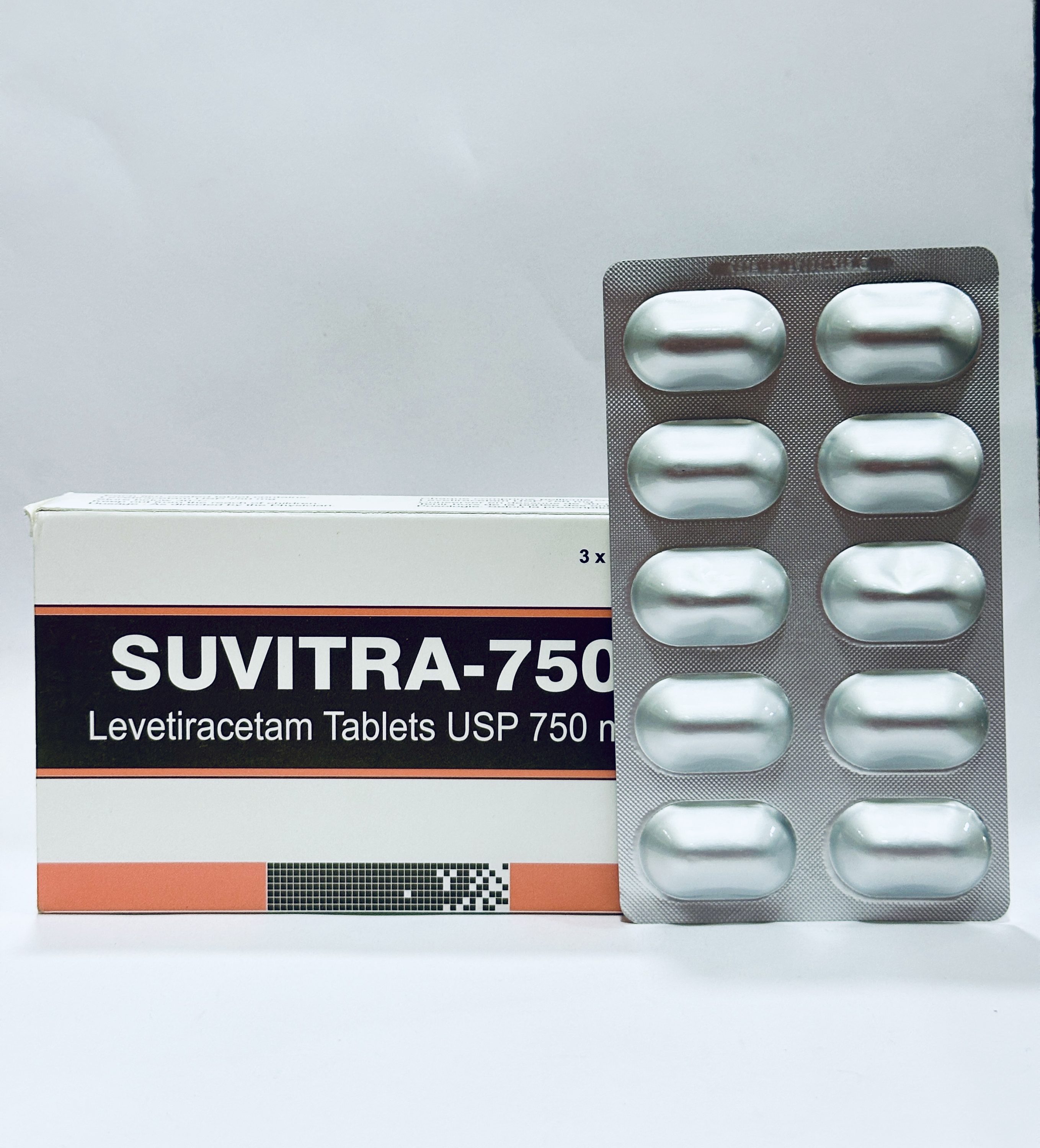
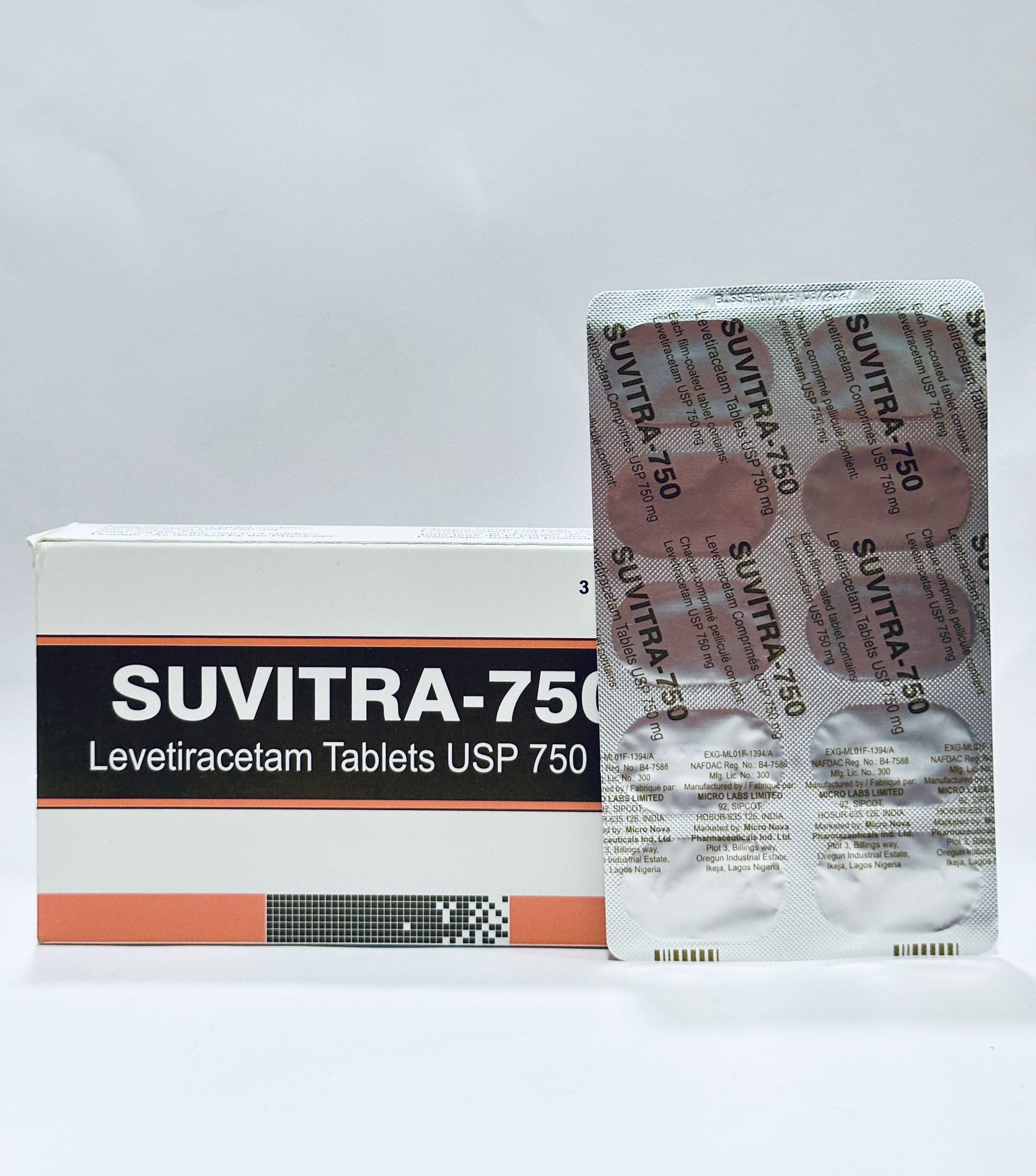
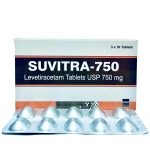
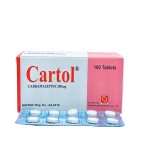

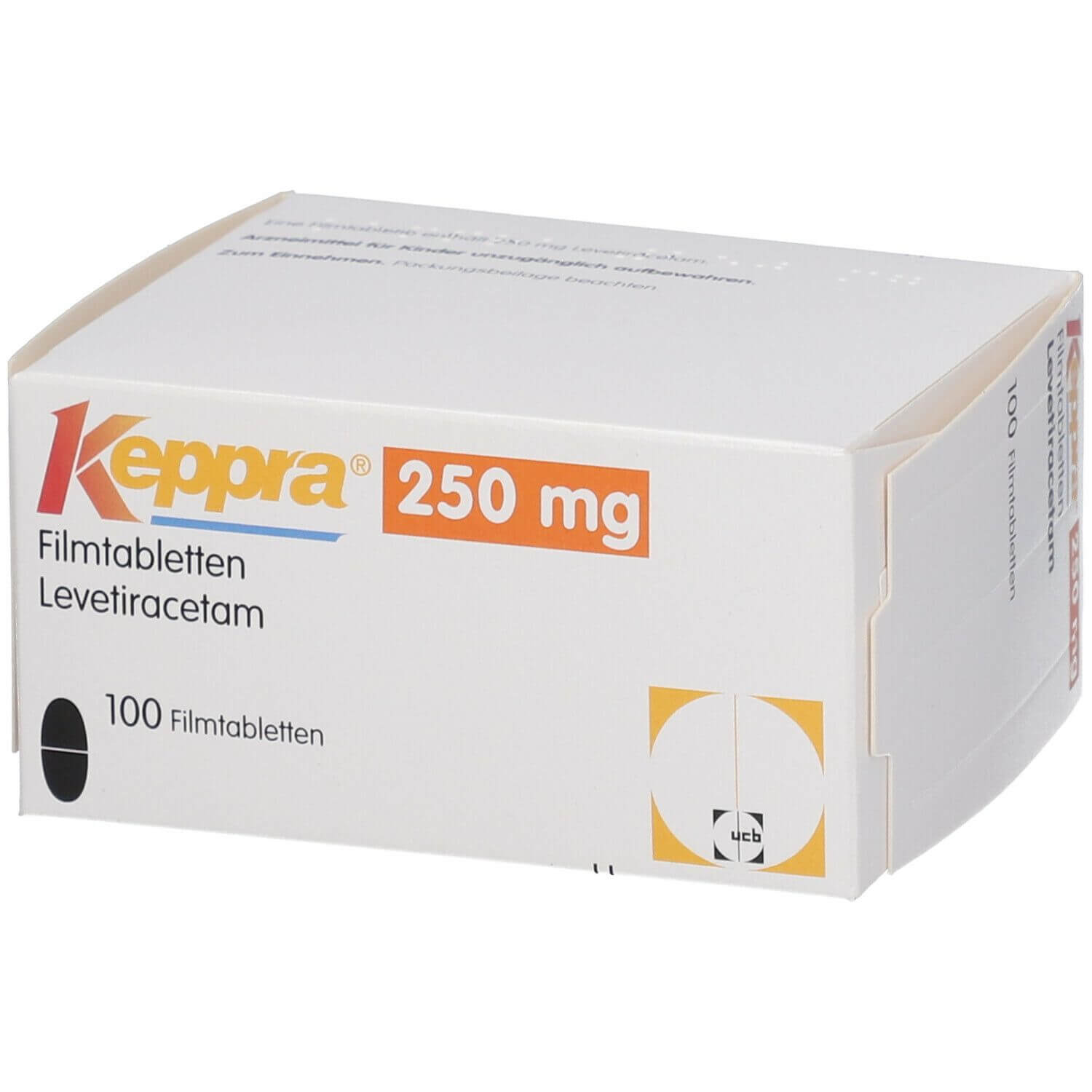
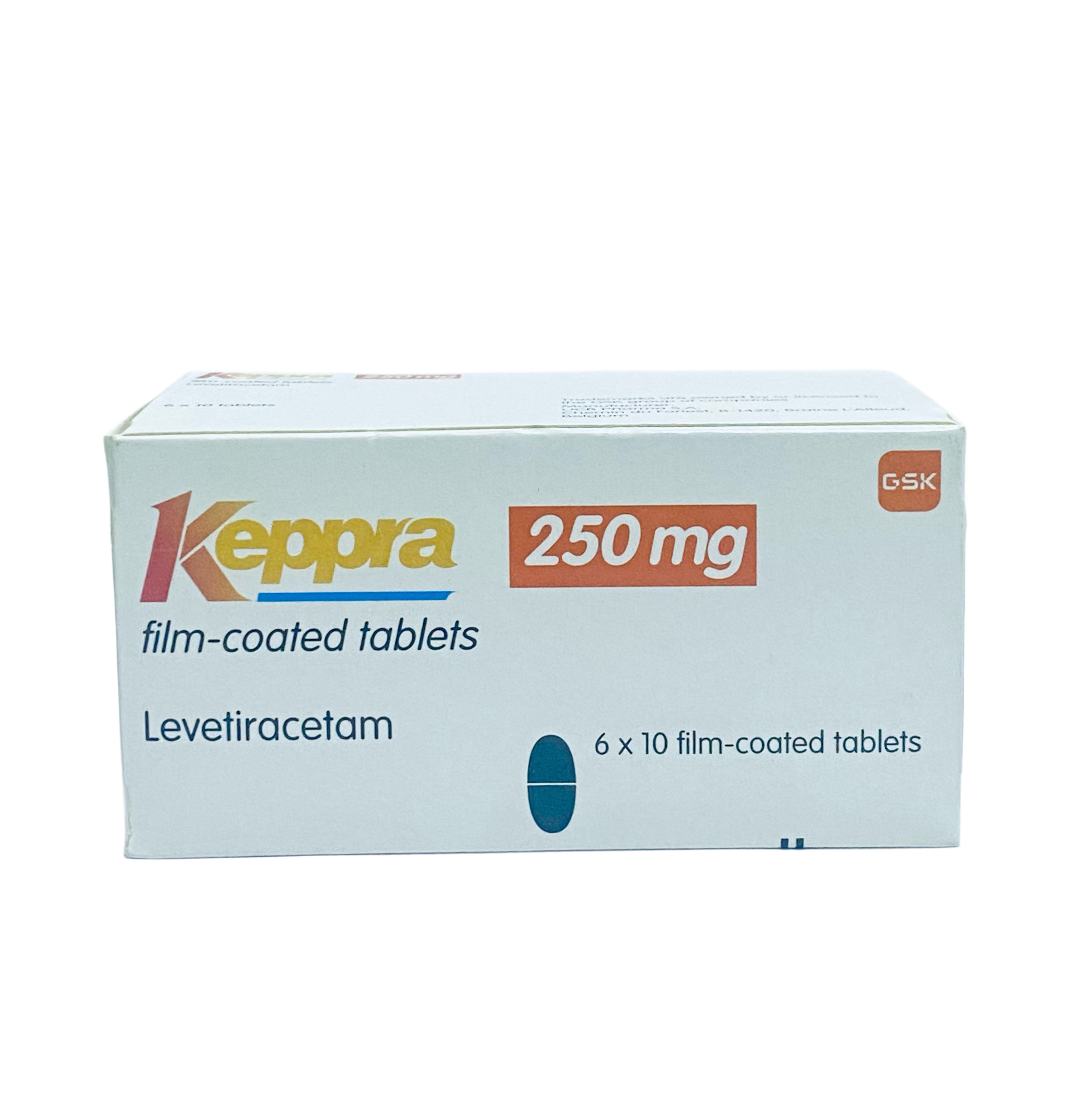
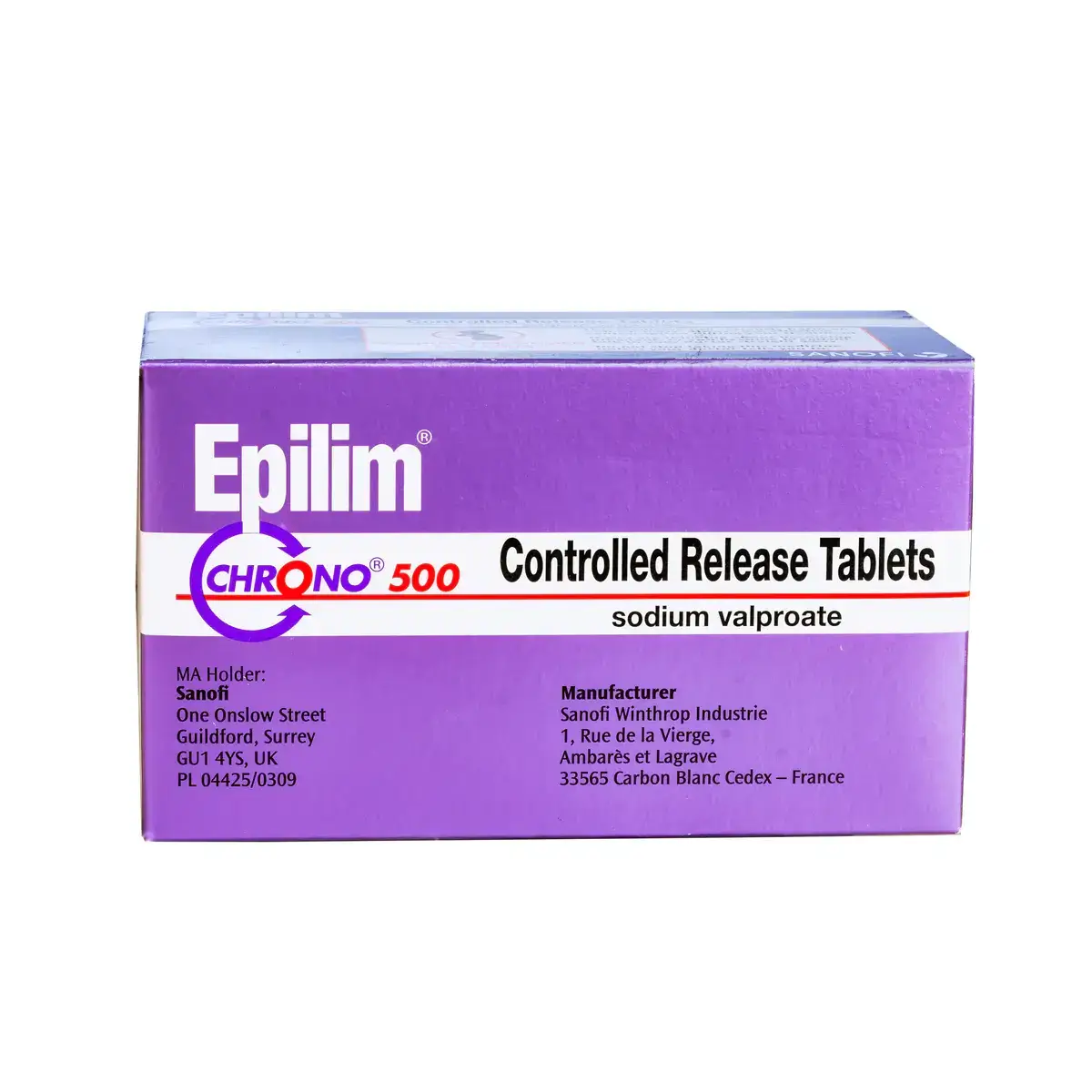
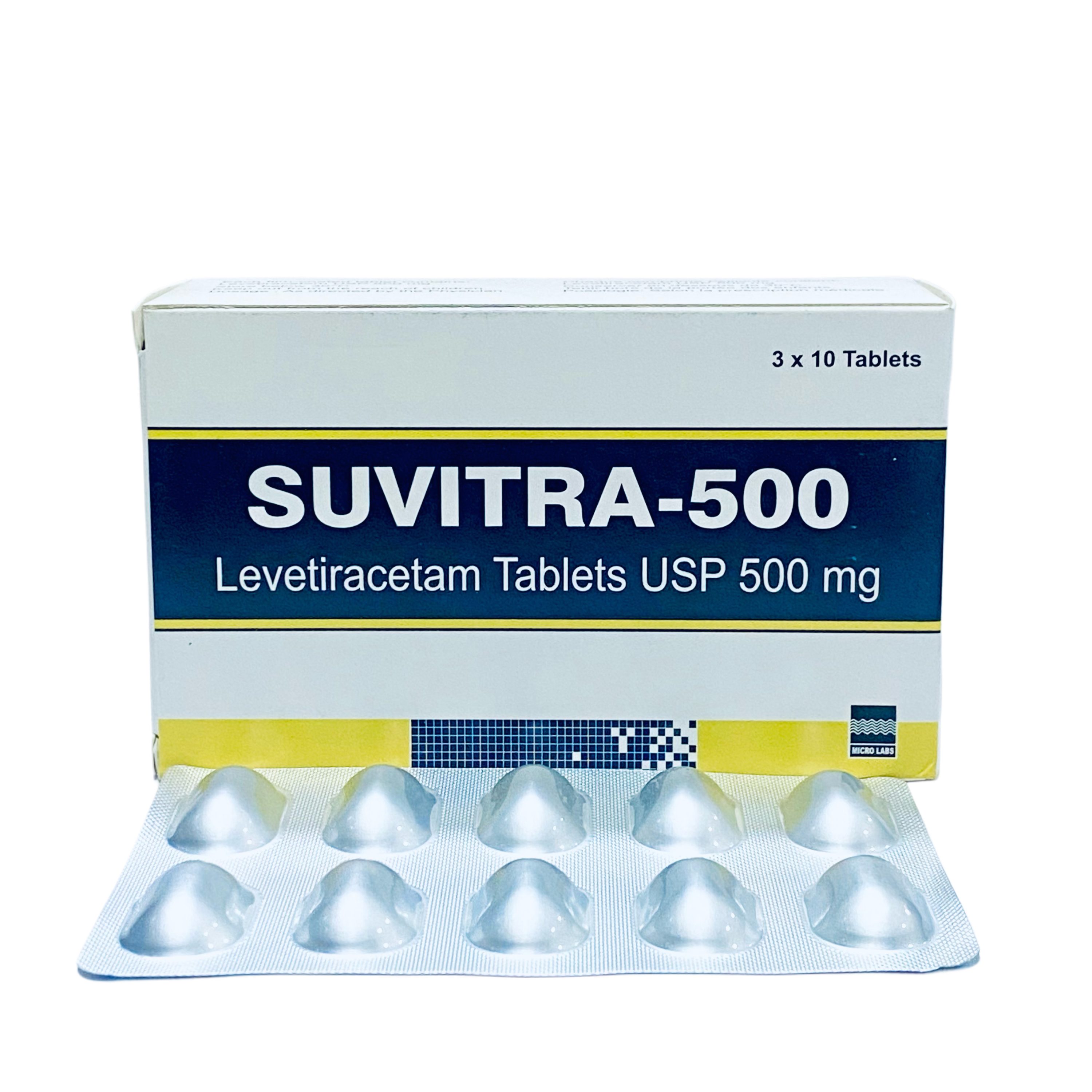
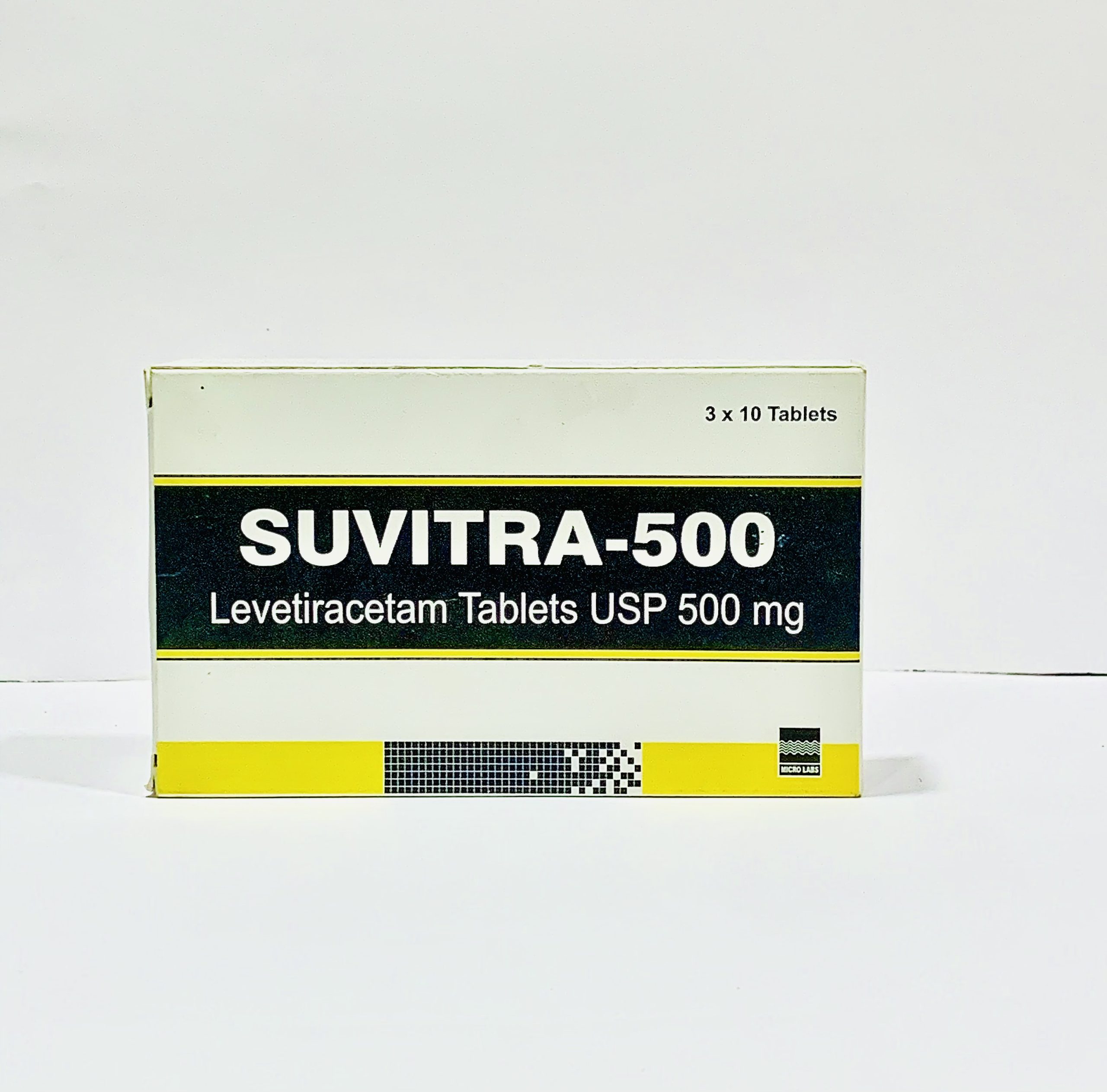
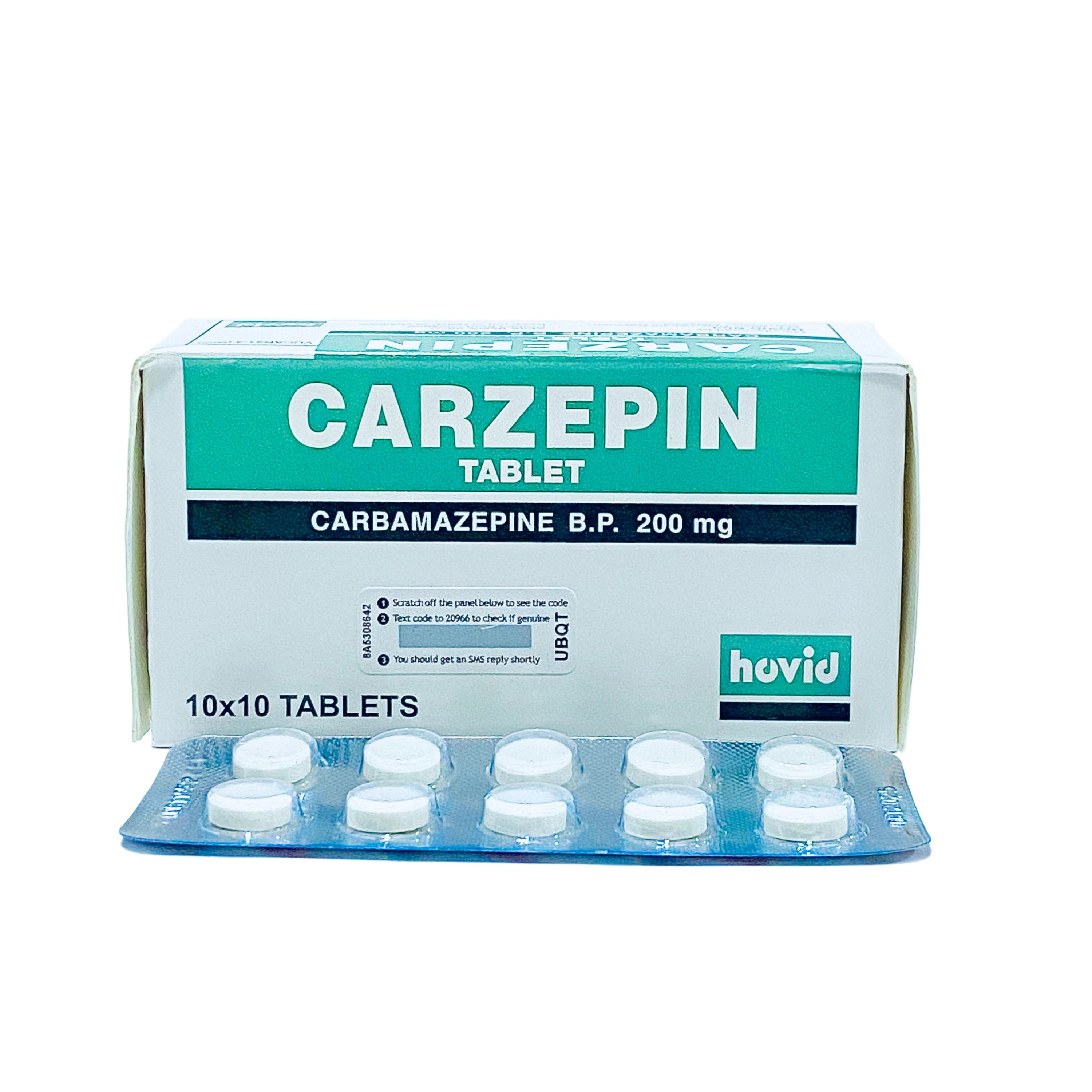
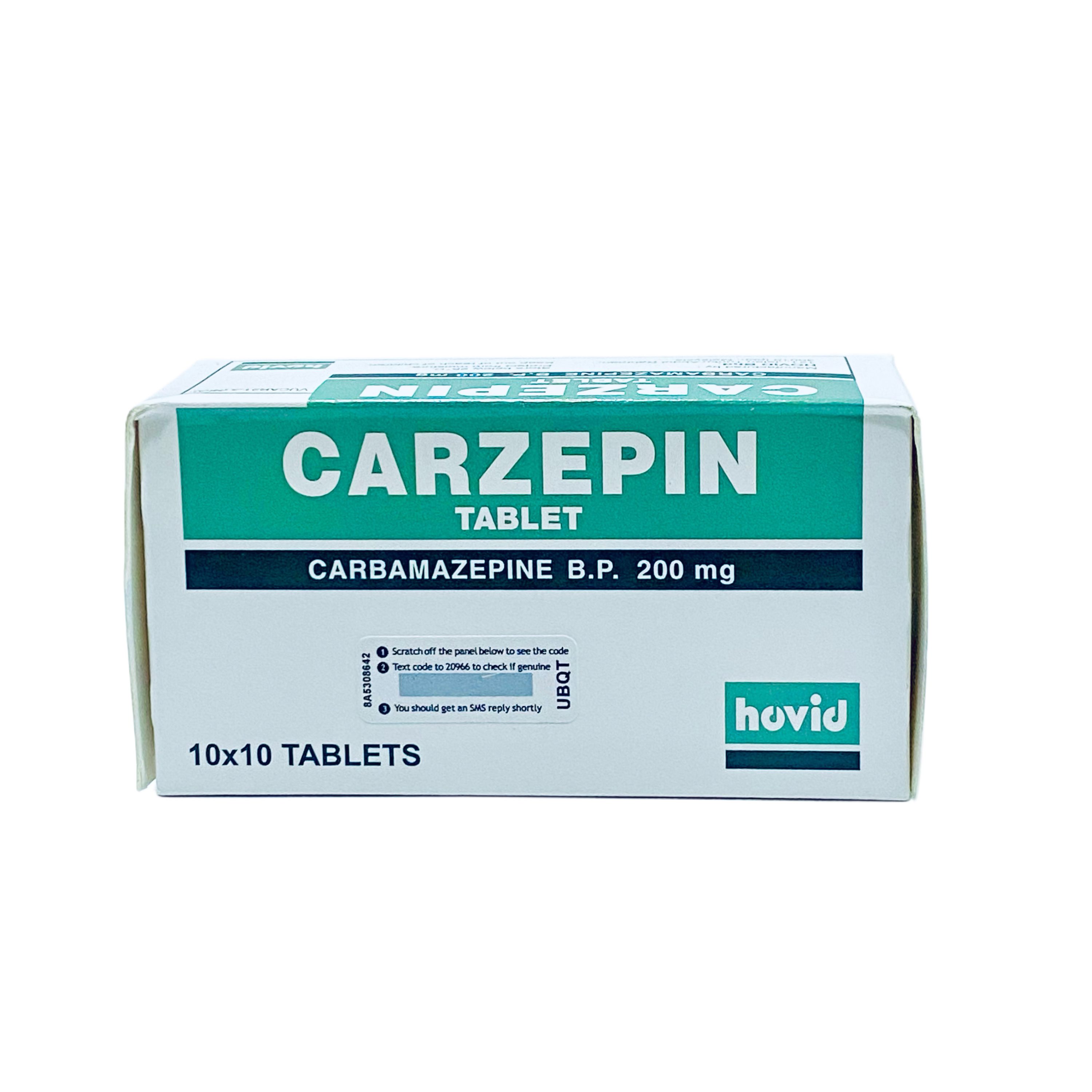
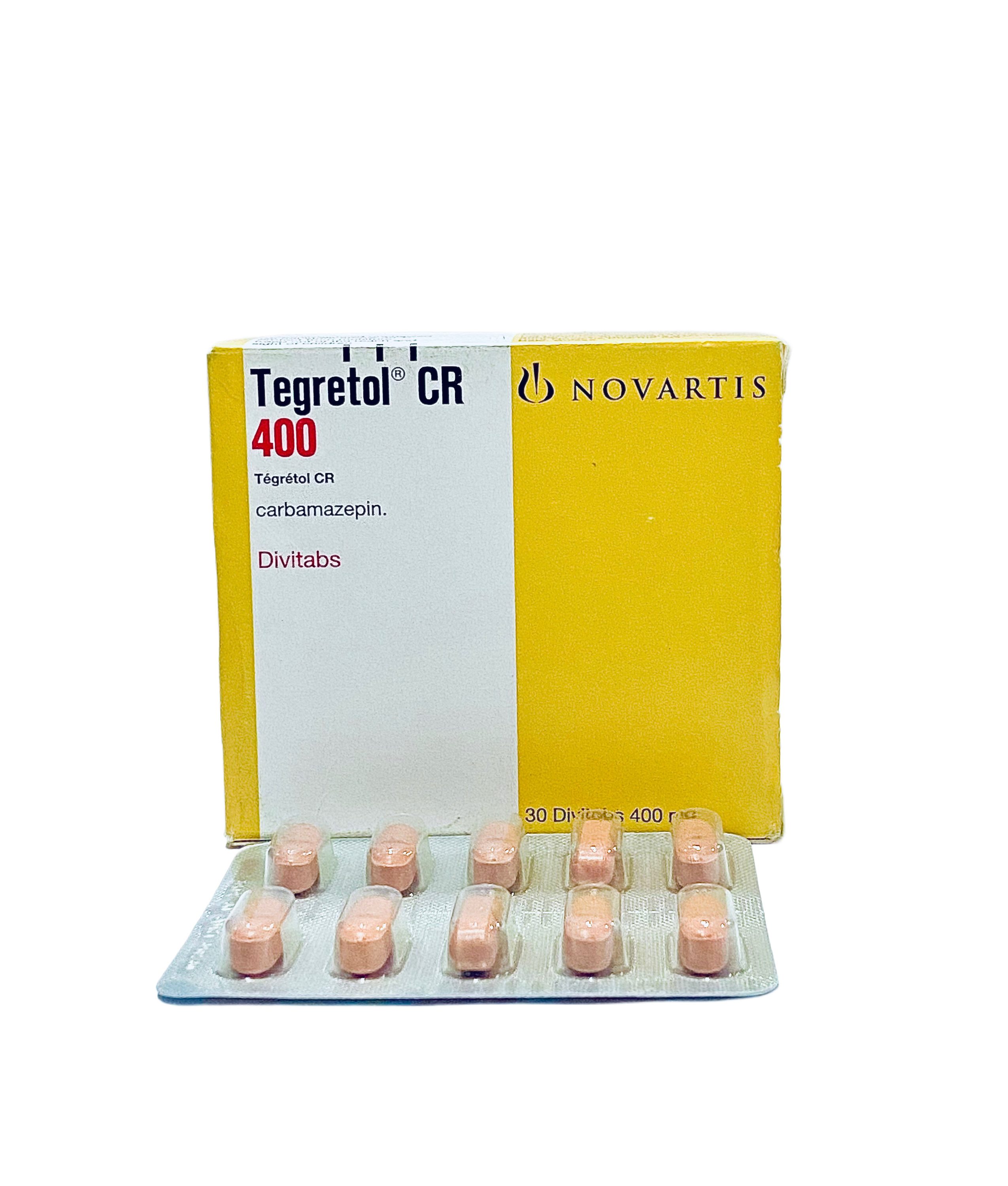
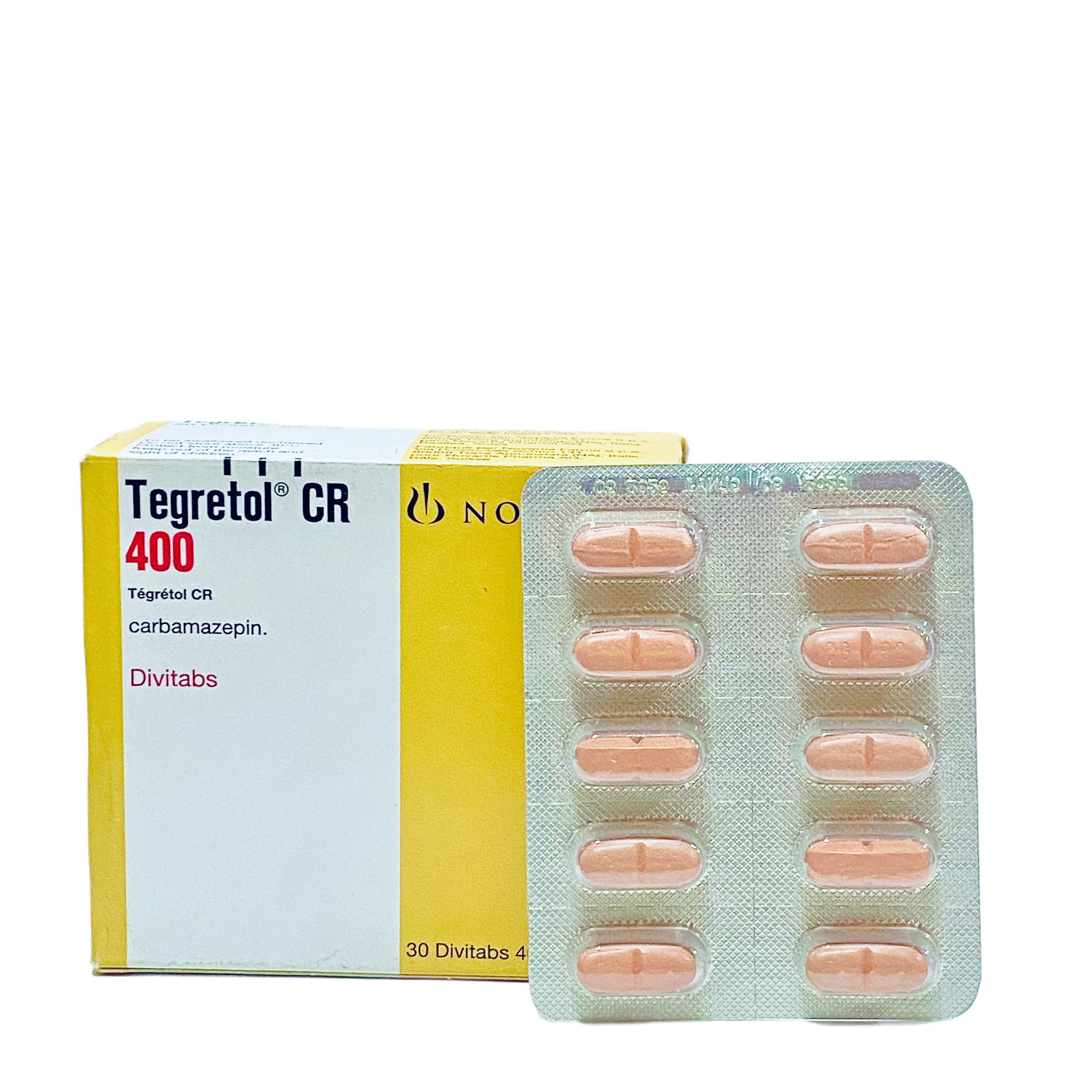


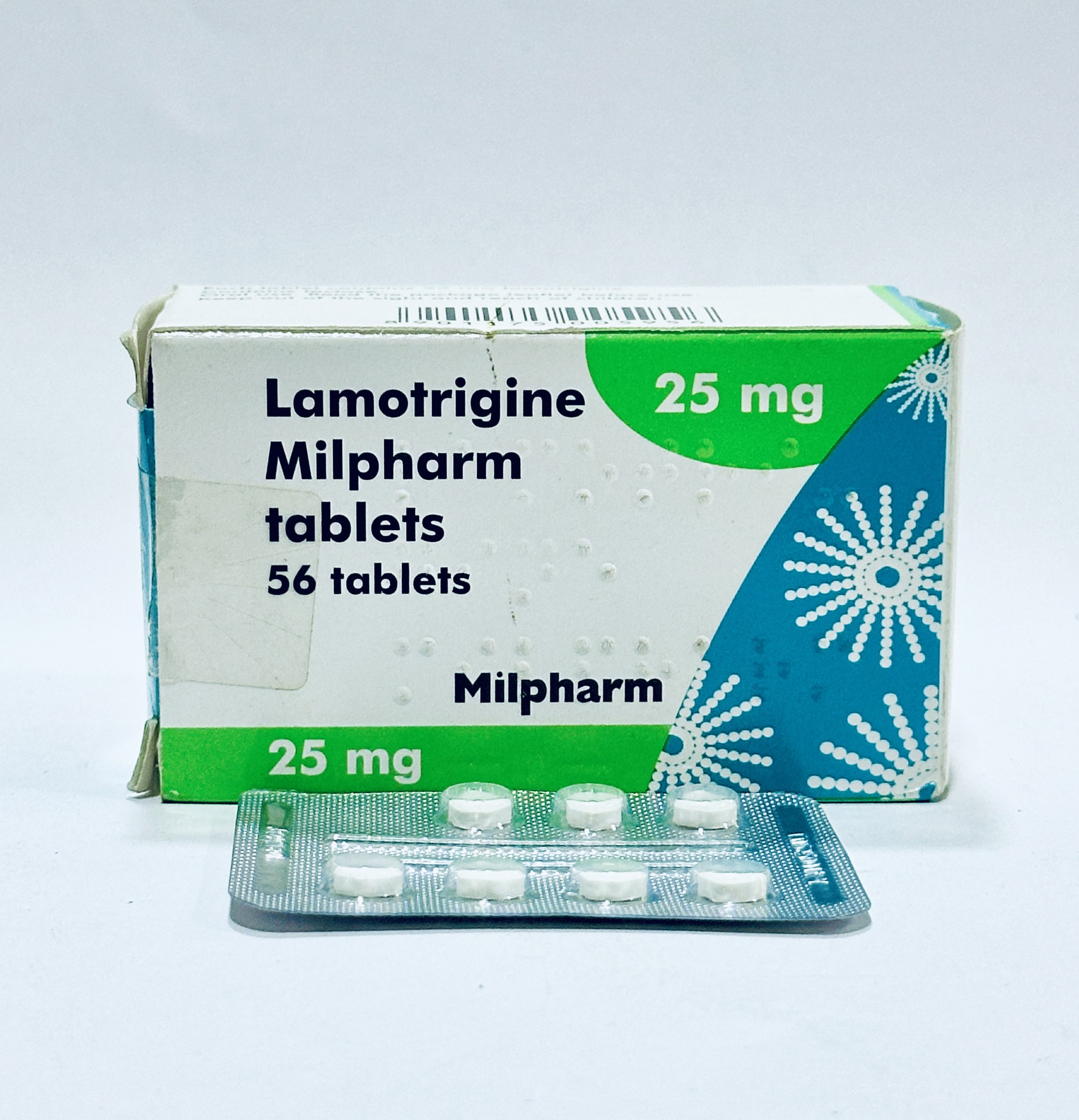
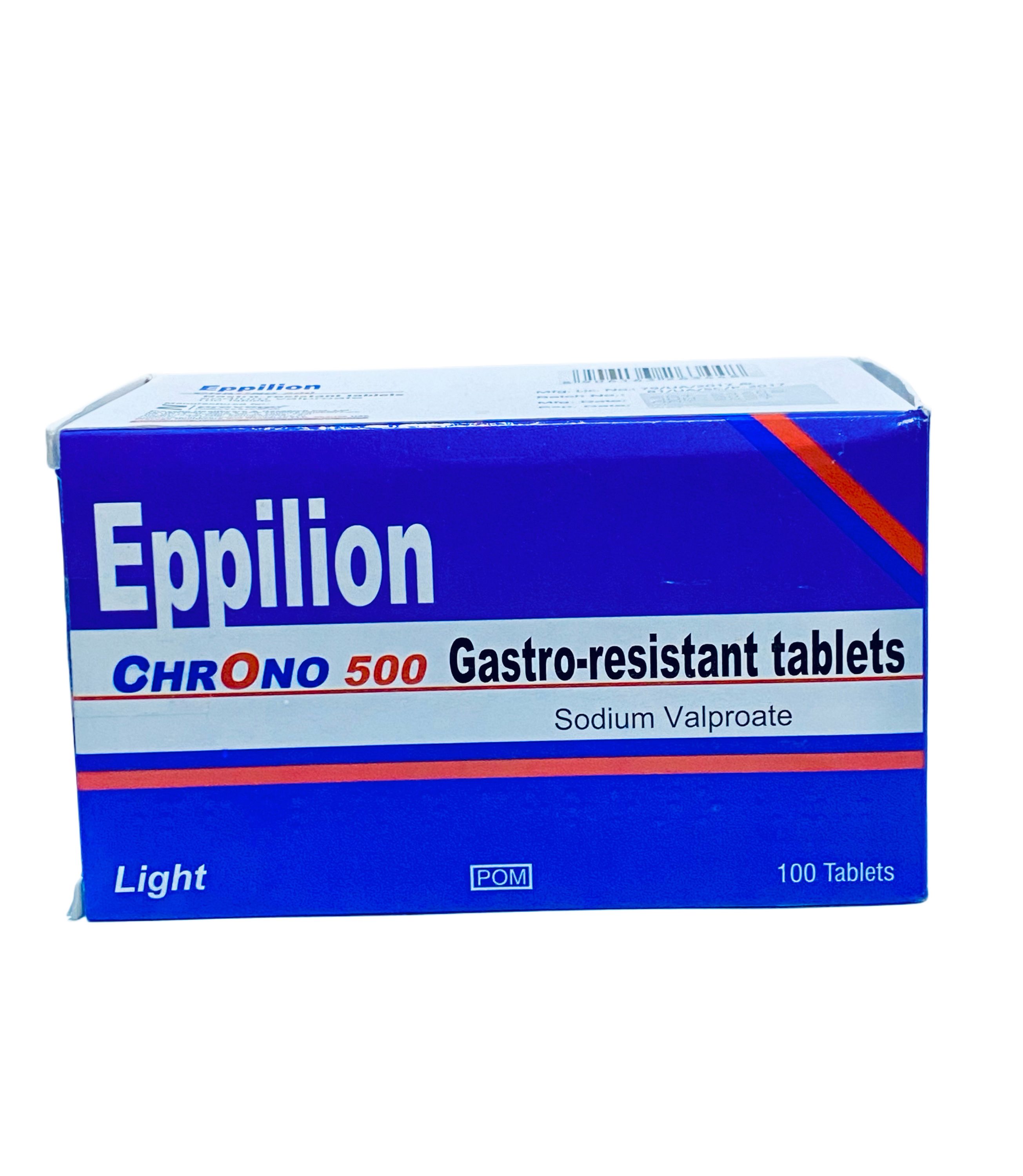
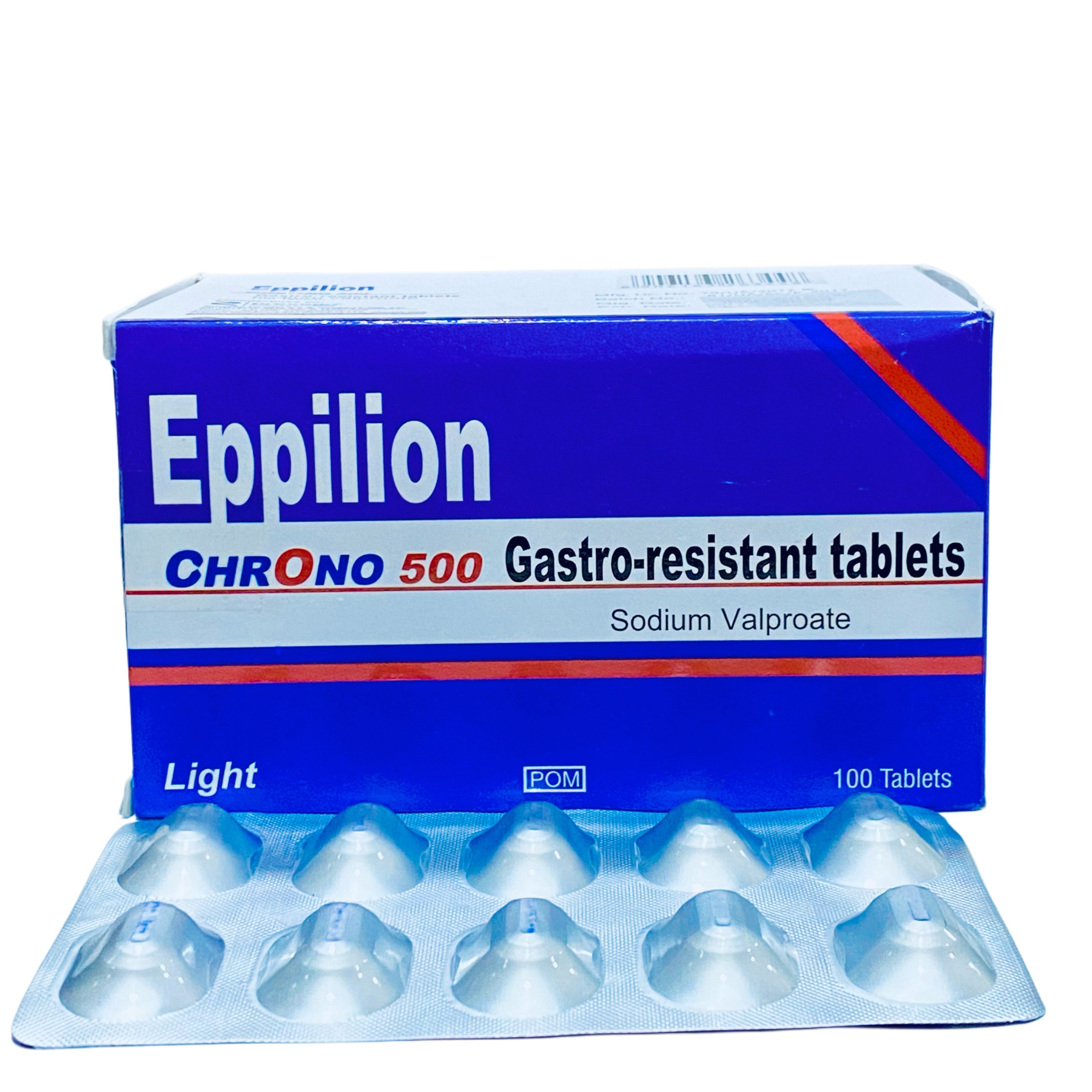
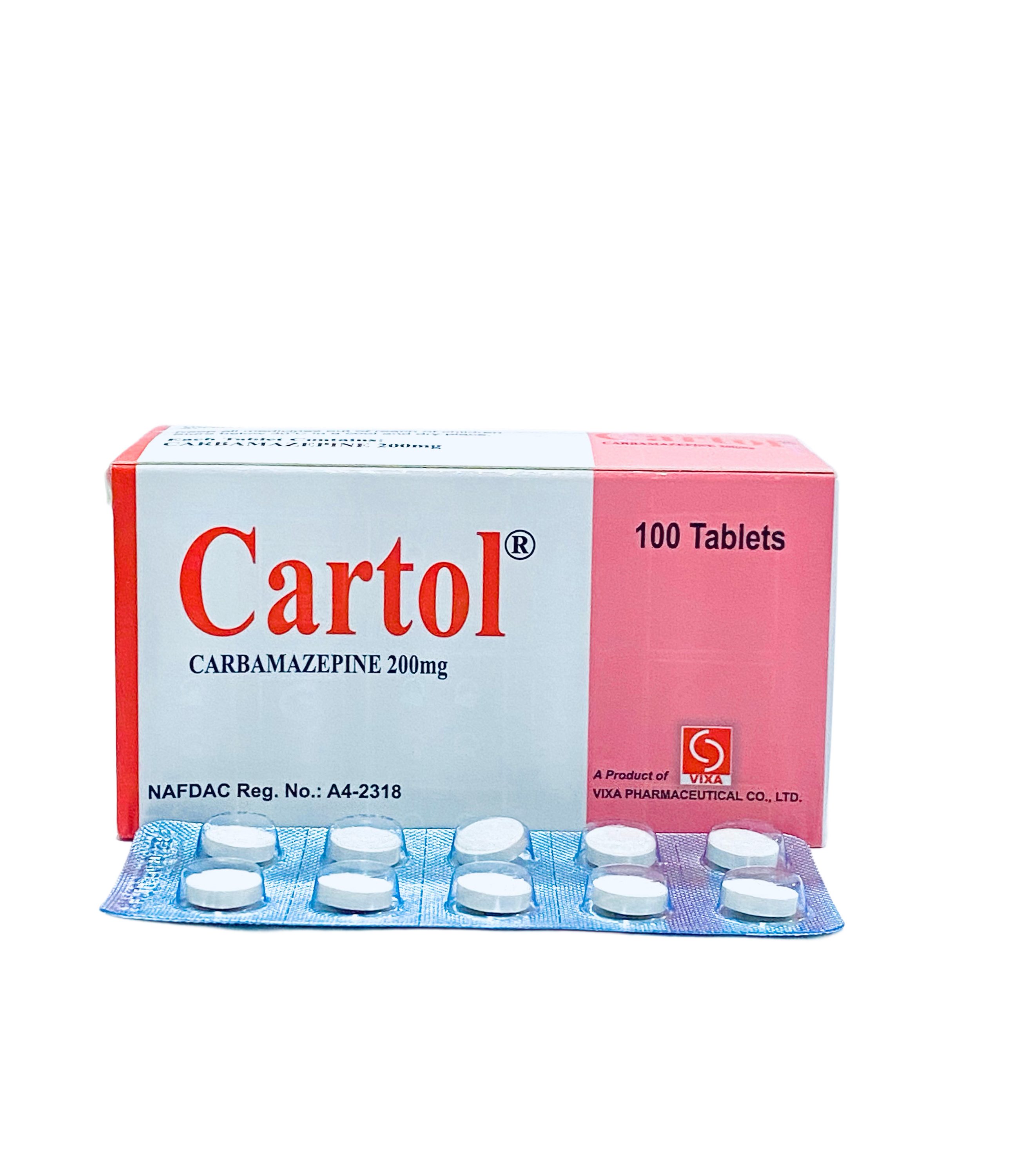
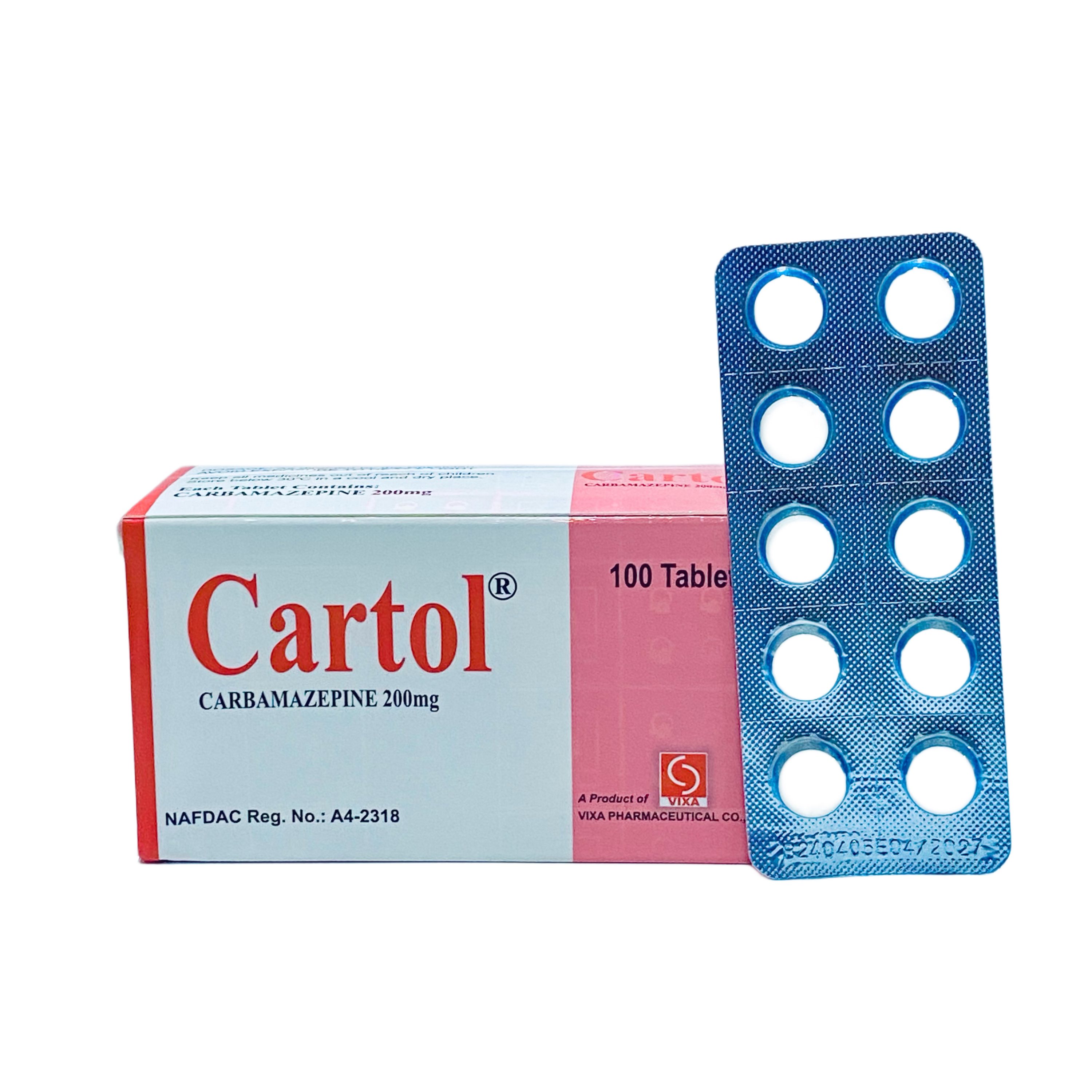




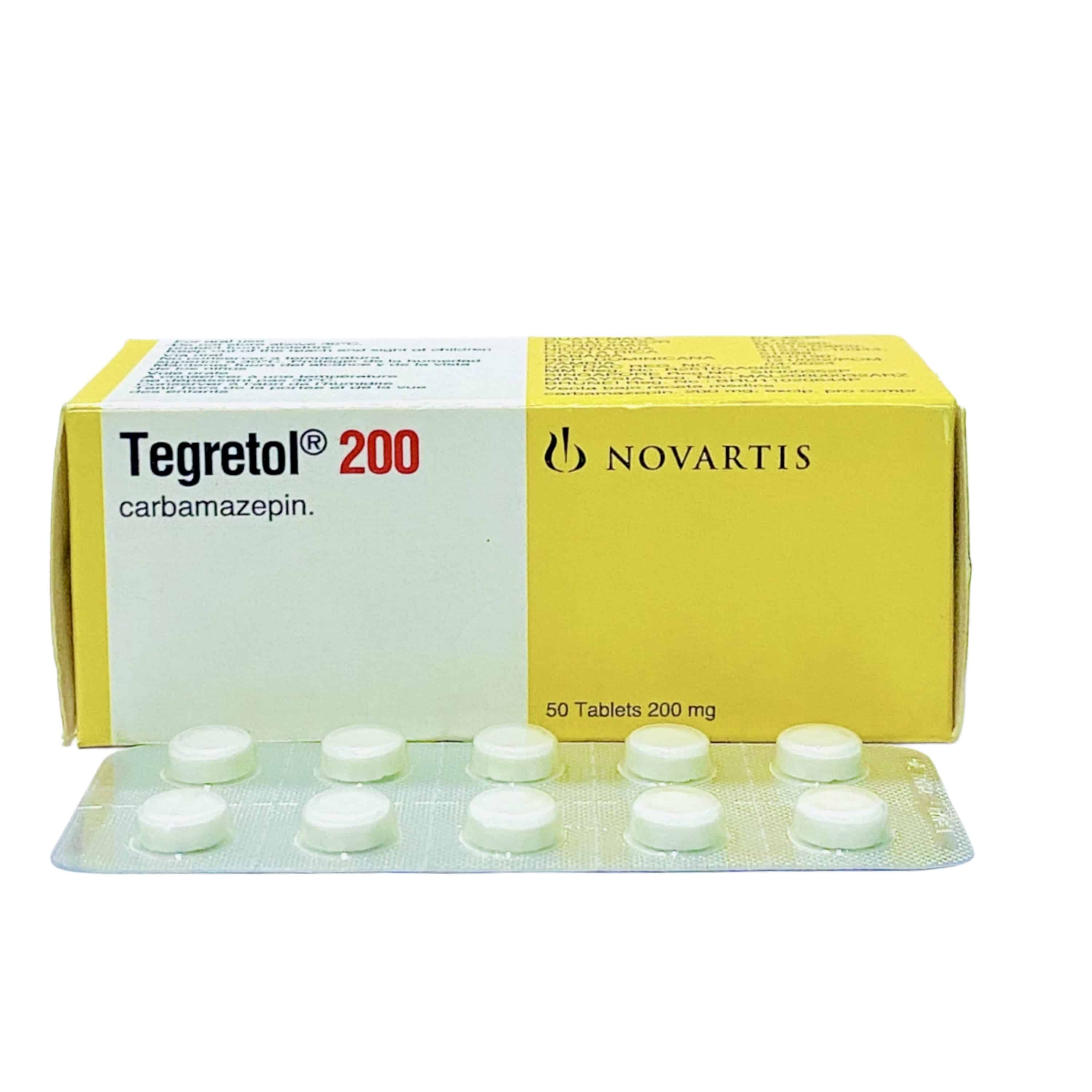
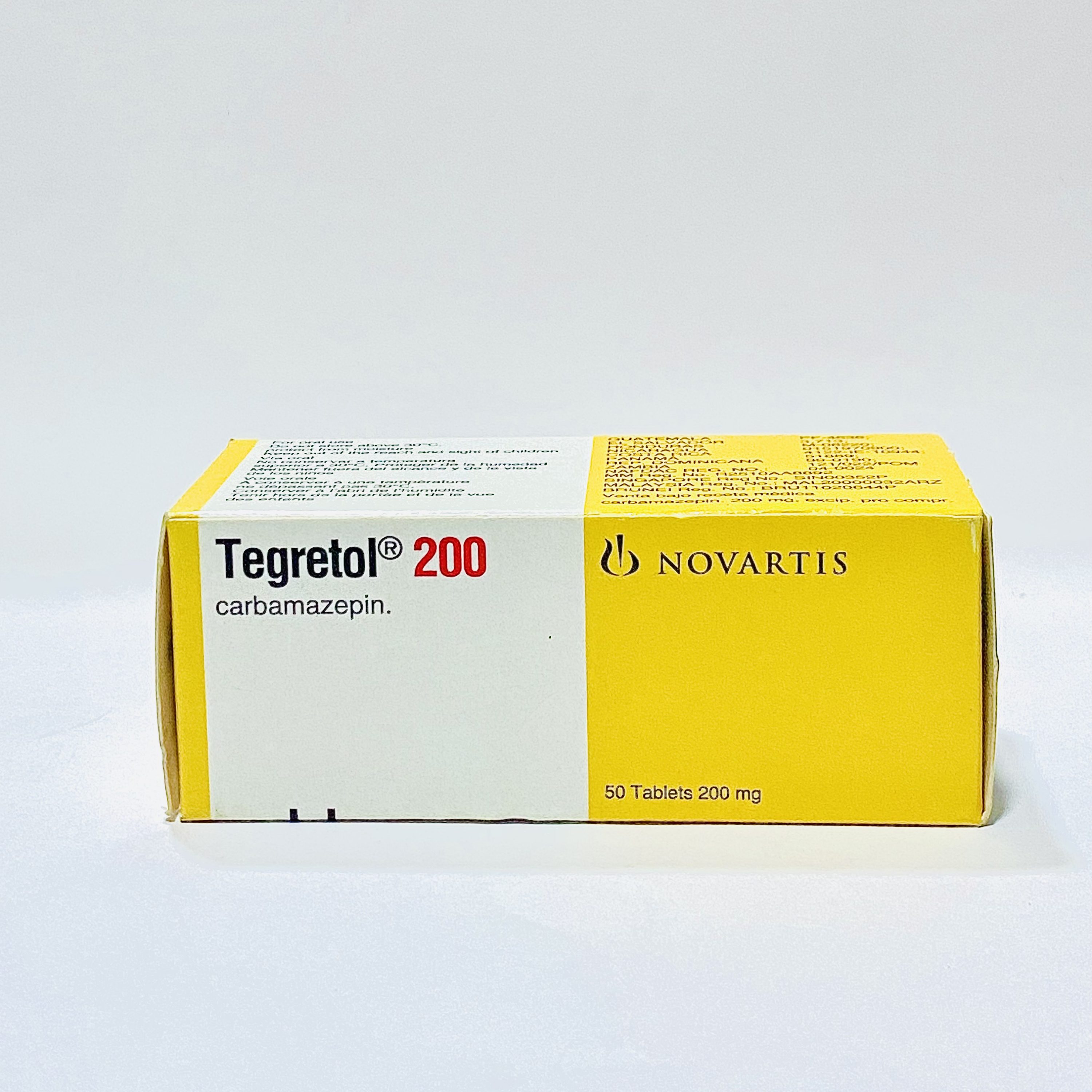
Reviews
There are no reviews yet.